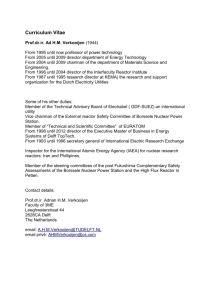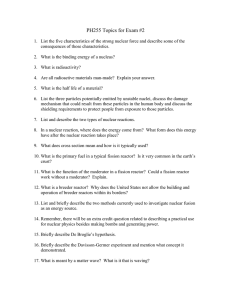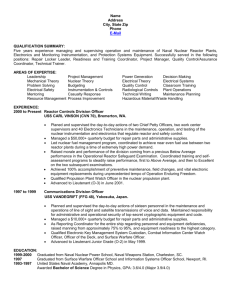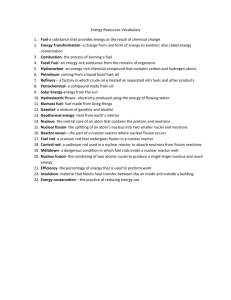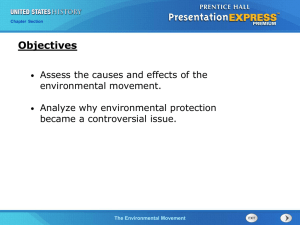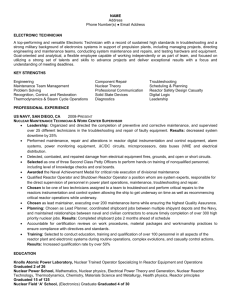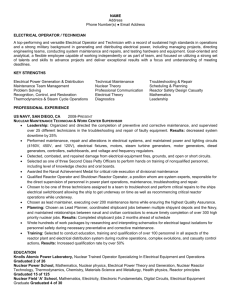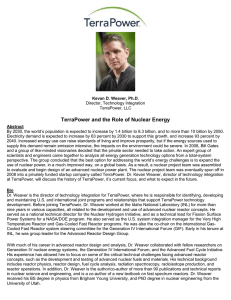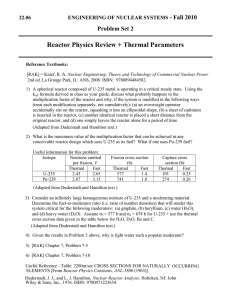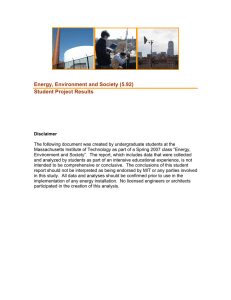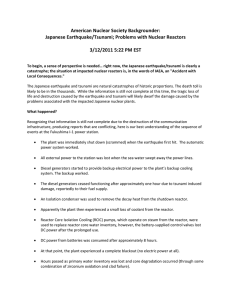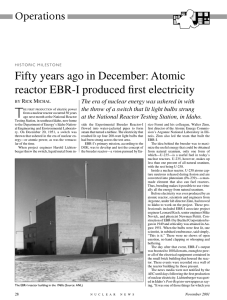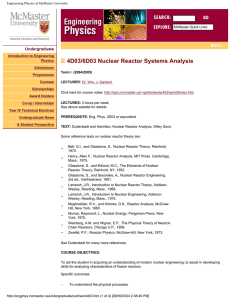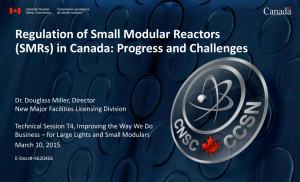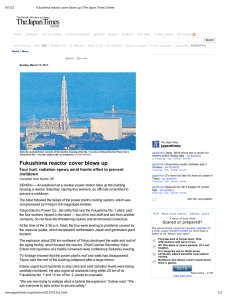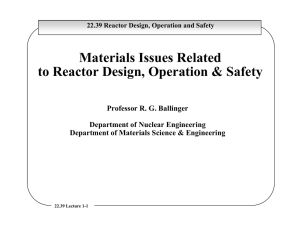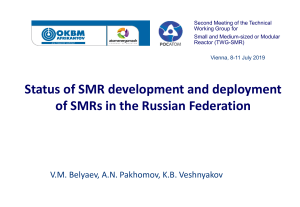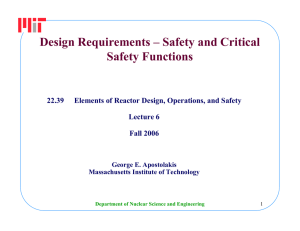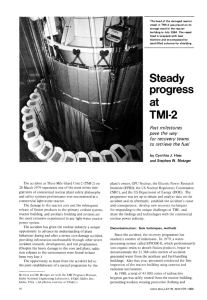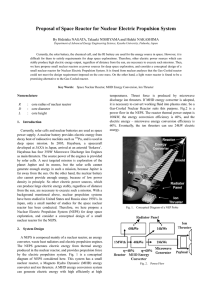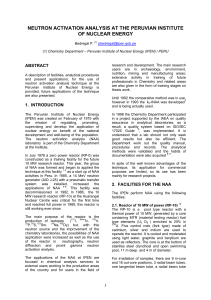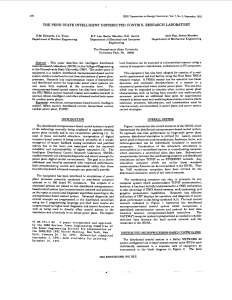Minwah Leung
advertisement
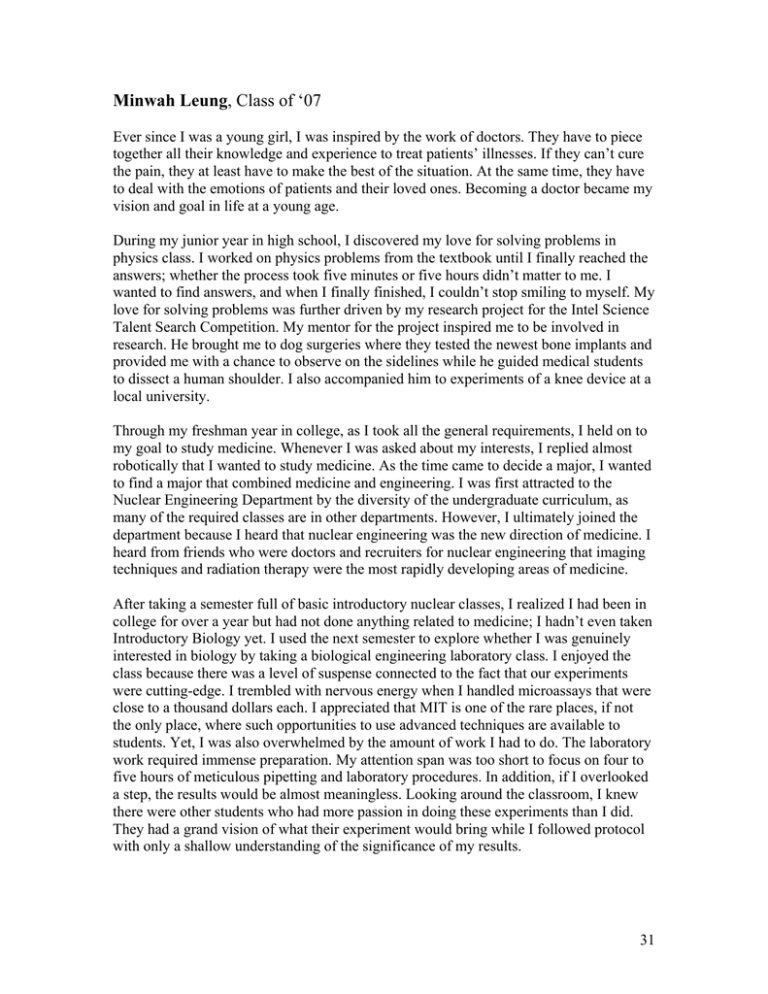
Minwah Leung, Class of ‘07 Ever since I was a young girl, I was inspired by the work of doctors. They have to piece together all their knowledge and experience to treat patients’ illnesses. If they can’t cure the pain, they at least have to make the best of the situation. At the same time, they have to deal with the emotions of patients and their loved ones. Becoming a doctor became my vision and goal in life at a young age. During my junior year in high school, I discovered my love for solving problems in physics class. I worked on physics problems from the textbook until I finally reached the answers; whether the process took five minutes or five hours didn’t matter to me. I wanted to find answers, and when I finally finished, I couldn’t stop smiling to myself. My love for solving problems was further driven by my research project for the Intel Science Talent Search Competition. My mentor for the project inspired me to be involved in research. He brought me to dog surgeries where they tested the newest bone implants and provided me with a chance to observe on the sidelines while he guided medical students to dissect a human shoulder. I also accompanied him to experiments of a knee device at a local university. Through my freshman year in college, as I took all the general requirements, I held on to my goal to study medicine. Whenever I was asked about my interests, I replied almost robotically that I wanted to study medicine. As the time came to decide a major, I wanted to find a major that combined medicine and engineering. I was first attracted to the Nuclear Engineering Department by the diversity of the undergraduate curriculum, as many of the required classes are in other departments. However, I ultimately joined the department because I heard that nuclear engineering was the new direction of medicine. I heard from friends who were doctors and recruiters for nuclear engineering that imaging techniques and radiation therapy were the most rapidly developing areas of medicine. After taking a semester full of basic introductory nuclear classes, I realized I had been in college for over a year but had not done anything related to medicine; I hadn’t even taken Introductory Biology yet. I used the next semester to explore whether I was genuinely interested in biology by taking a biological engineering laboratory class. I enjoyed the class because there was a level of suspense connected to the fact that our experiments were cutting-edge. I trembled with nervous energy when I handled microassays that were close to a thousand dollars each. I appreciated that MIT is one of the rare places, if not the only place, where such opportunities to use advanced techniques are available to students. Yet, I was also overwhelmed by the amount of work I had to do. The laboratory work required immense preparation. My attention span was too short to focus on four to five hours of meticulous pipetting and laboratory procedures. In addition, if I overlooked a step, the results would be almost meaningless. Looking around the classroom, I knew there were other students who had more passion in doing these experiments than I did. They had a grand vision of what their experiment would bring while I followed protocol with only a shallow understanding of the significance of my results. 31 After I took the biological engineering lab, I started to question whether I was interested in biology because I had also disliked Introductory Biology. I only told myself I was interested in the subject because I wanted to be a doctor. Reality was telling me otherwise. I was also discouraged because I had applied to several summer internships relating to medical applications of engineering throughout my sophomore year, but had been rejected by all of them. I started junior year unclear of what I would be studying in my required nuclear classes. On the first day of class, my professor told us he was going to teach us about reactors. I was surprised that I was a junior in the department and I had no idea how a reactor worked. Although the problem sets were frustrating and the material was more theoretical than I would have liked, I soon realized that the inner workings of a reactor stimulated my interest. This was an area of knowledge that I didn’t know about; it was as if I wanted to solve and find answers to this mysterious subject. Consequently, I changed my attention from medical applications to reactor science. Maybe by delving deeper into reactor science, I will find my way back to biomedical engineering. Perhaps once I have satisfied myself with understanding of reactor science, I will return to my goal of medical school. Most importantly, I realized if you’ve lost curiosity for the subject you have been pursuing, you should temporarily turn your attention elsewhere to another subject of interest. There is always a chance to return to your previous subject if you discover you genuinely enjoyed the previous interest more. This way you’ll always be learning because of your drive for curiosity rather than forcing yourself to learn material. 32
